Game On: Reconciliation in action through sports
Over the last few years, Australia has seen many high-profile sporting clubs embroiled in mistreatment and systemic racism. These are not isolated issues, with community sports often unintentionally and unconsciously mirroring these damaging norms.
Efforts have been made across Australia to deepen our understanding and progress towards reconciliation. Community sport has the potential to further incorporate Indigenous knowledge, create safer environments for Aboriginal and Torres Strait Islander athletes and advance reconciliation efforts within communities nationally.
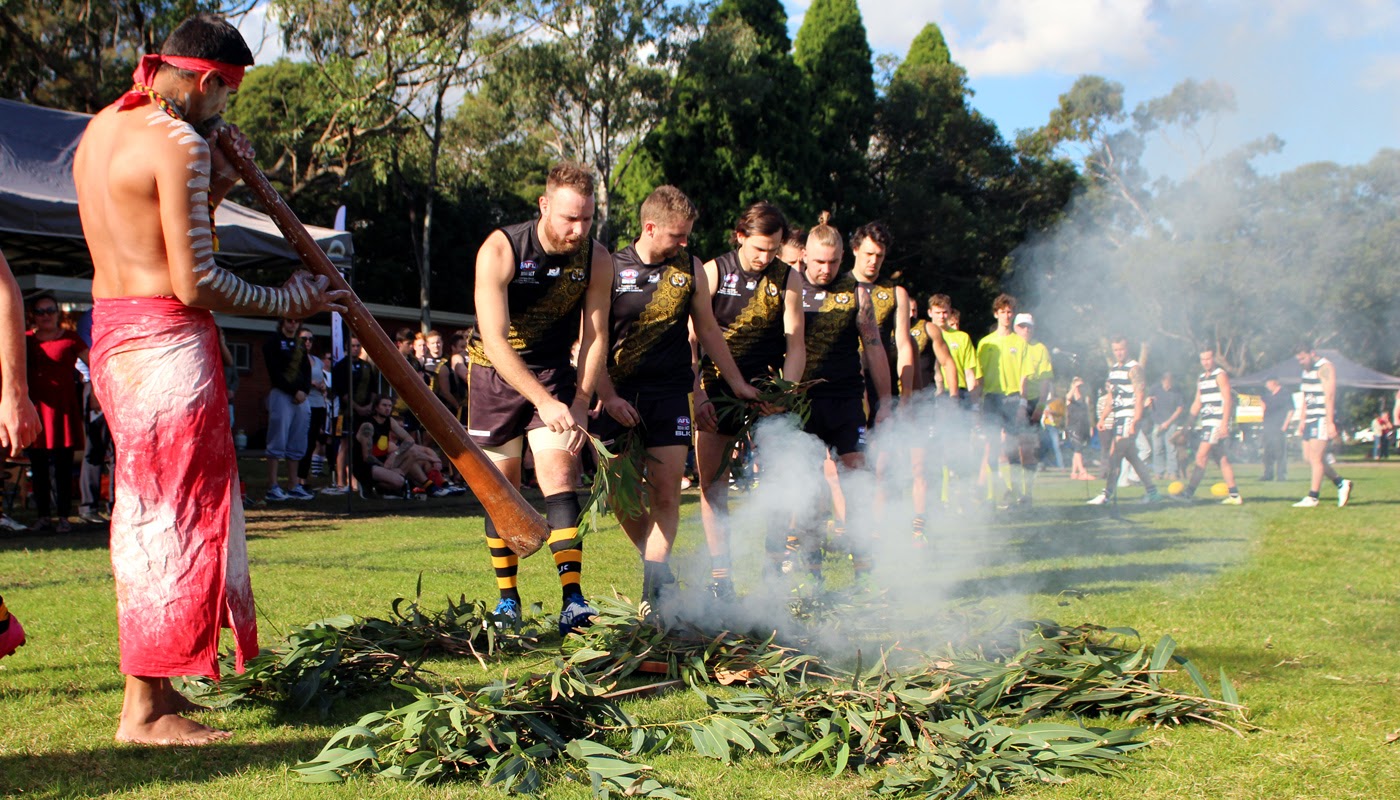
Welcome to Country and Smoking Ceremonies at the Pemulwuy Shield event hosted by the Balmain Tigers. Picture: Leigh Gazzard
It is bringing awareness and ideally taking action against the factors we have previously accepted within our sporting structures, policies and procedures that may act as a barrier to full engagement and participation.
We’ve also seen the impact of the Voice to Parliament which highlighted a societal need for deeper understanding on moving beyond just reconciliation. I encourage you to read the Uluru statement from the Heart, which extends a continuous invitation to walk hand in hand for a better future.
Building on our previous work, this article provides community sports with innovative ideas to bolster community reconciliation efforts.
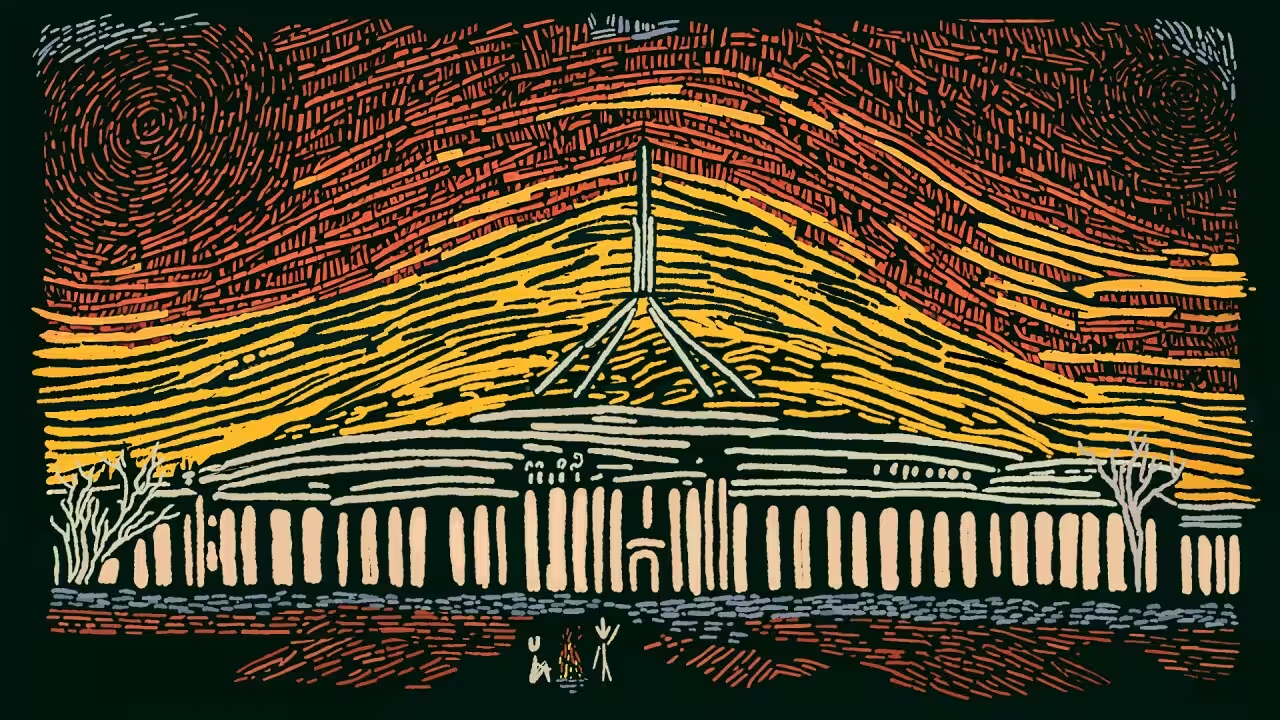
Picture: The SBS Voice Referendum portal
Learning histories
Understanding histories and acknowledging the histories of the lands in which the community club is located is an important step towards reconciliation.
All sports clubs should create a unique acknowledgment of Country, this may include recognising the Indigenous histories relevant to your sport and location. For example, if you are an Australian Rules football club you can acknowledge the histories of Marngrook.
Additionally, your sport can utilise Indigenous games in trainings and club activities, the Australia Sports Commission has released some examples similarly the Queensland Government have released some video resources here on different Indigenous games.
For example, acknowledging and understanding the histories of the lands of which the club is located. This information can be found here. To further the acknowledgment of Country present in community sport, sporting facilities can integrate aspects to Country such as plaques, local art work or even uniform design.
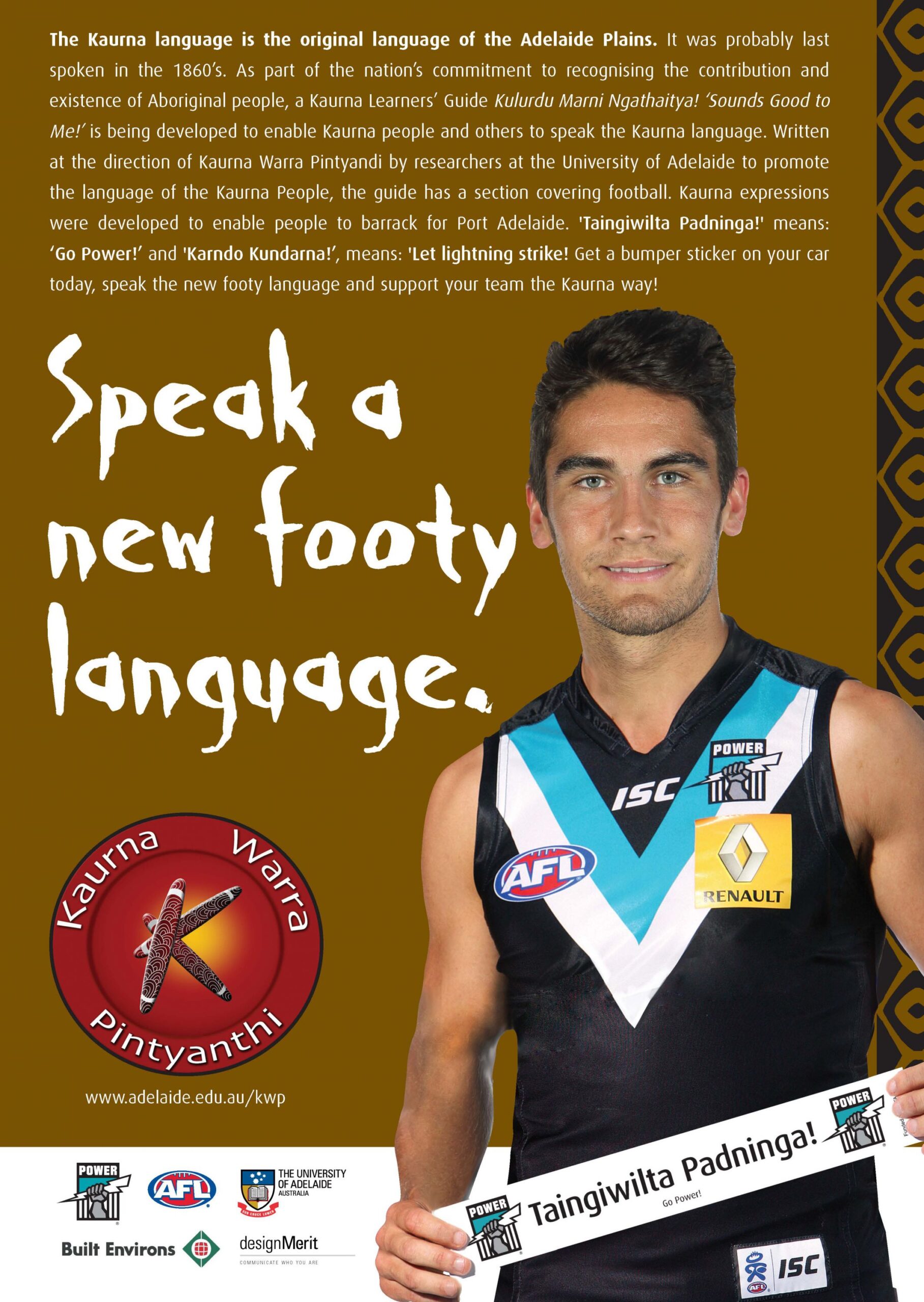
Kaurna language organisation Kaurna Warra Pintyanthi together with Adelaide University linguist Rob Amery have developed language teaching materials that include football related phrases as a means for people to barrack for Port Adelaide and the Adelaide Crows. Picture and caption: Australian Institute of Aboriginal and Torres Strait Islander Studies
Reconciliation Action Plan (RAP)
Consciously engage in reconciliation activity. This may be through creating a Reconciliation Action Plan (RAP) for your club/organisation that will provide some guidance for your club or sport leadership group in understanding, navigating and committing to reconciliation.
Reconciliation Australia provides some guidance on what reconciliation is and how to begin developing a RAP plan for your organisation. For more state-specific support, Reconciliation Australia have links into state-based reconciliation for not-for-profit organisations.
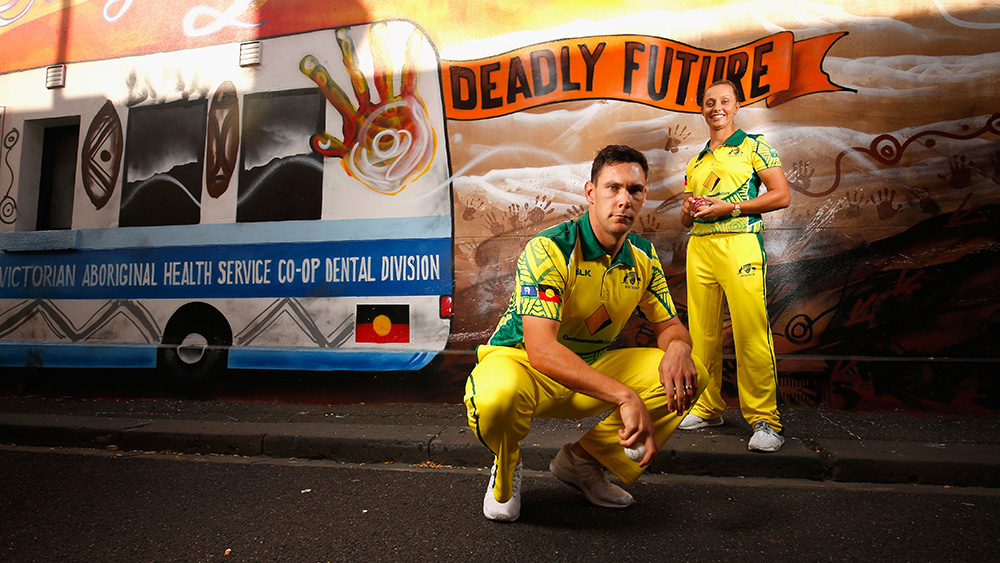
Picture: Reconciliation Australia
Partnership and learning
Partnership is essential in reconciliation through working with local Aboriginal or Torres Strait organisations. For example the Gundangara Land Council offer many cultural services and activities including connecting to Country and learning about Aboriginal histories and cultural safety. Most land councils offer similar services. It is recommended that at a minimum all leadership within your sport undertake cultural safety training.
Further, consulting community Elders, particularly relevant for the truth-telling, and use and honouring of the lands of the club. Elders are the knowledge sharers and custodians of oral traditions and story-telling. Consider having a member from the local land council on the local committee. Common Ground provide some excellent guidance in respectfully communicating with elders.
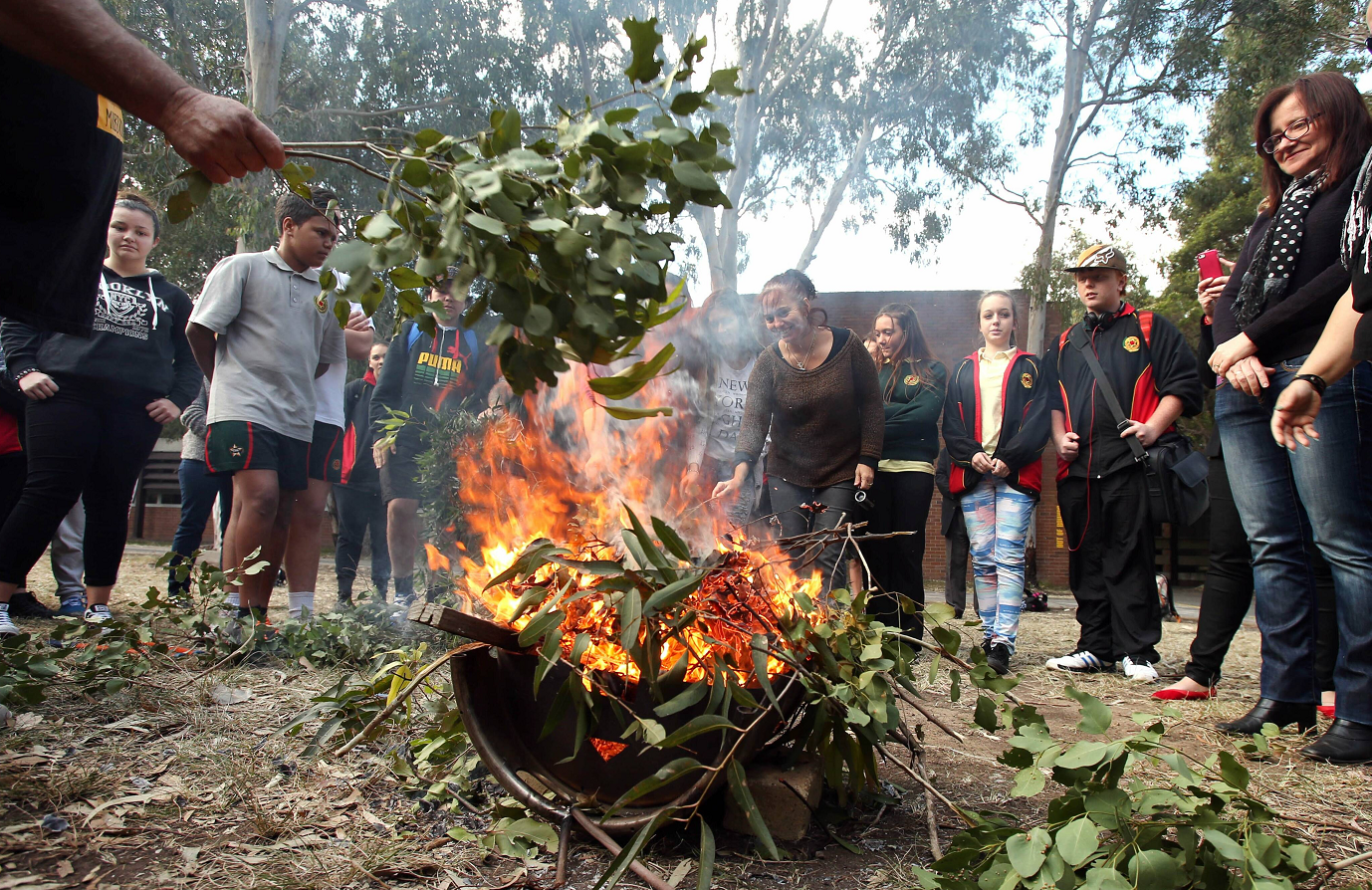
Elders performing a smoking ceremony. Picture: Illawarra Mercury
Truth-telling in sport
Truth-telling and sharing histories is an important aspect of reconciliation where creating space to share histories, and truth-telling relevant for your sporting club. Truth-telling is a journey of discovering, discussion and accepting histories. You may wish to do this within your club environment, or engage in any local councils truth-telling sessions.
Truth-telling is an essential aspect of healing and reconciliation, Reconciliation Australia provide insight and support for truth-telling activities. There may be other local initiatives your sporting club can engage with, for example Fremantle Council engages with local community to engage in regular truth-telling activities.
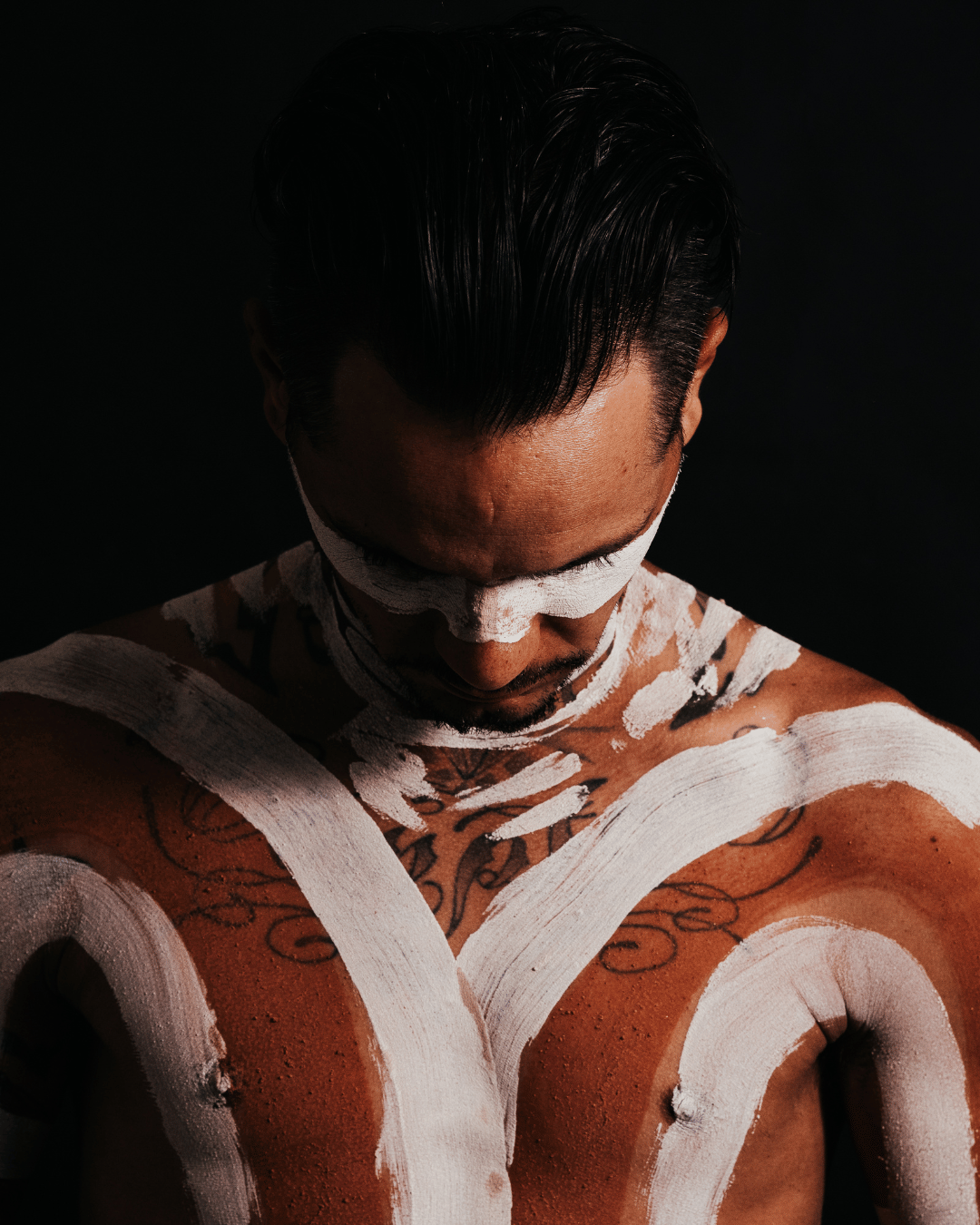
Procurement and Aboriginal and Torres Strait Islander owned businesses
Utilising local Aboriginal or Torres Strait Islander businesses can enhance reconciliation. This could include sourcing food and beverage from Aboriginal and Torres Strait Islander owned business, using Aboriginal and Torres Strait Islander owned businesses to supply other products and services. A list of Aboriginal and Torres Strait Islander businesses can be found at Supply Nation.
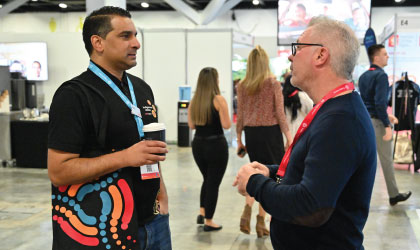
Picture: Supply Nation
From allies to accomplices
It is important to reflect on our own understanding and growth as it pertains to reconciliation and how we can be active accomplices
Sporting clubs and associations have many ways to contribute to reconciliation efforts, by challenging the norms we’ve previously accepted in our sporting environments and taking action towards change.
By encouraging community sports clubs to transition from being mere allies to becoming active accomplices, we can collectively contribute to a more inclusive and equitable sporting culture.
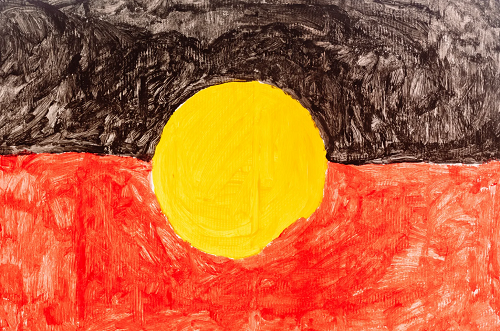
I respectfully acknowledge the Wurundjeri Woi-wurrung and Bunurong peoples of the Kulin Nation and Elders past, present and emerging who are the Traditional Owners of the land on which this article has been written. As such I take this acknowledgment as an opportunity to reflect on my own connection to Country and Cultures, and my gratitude for the experiences and knowledges shared with me. I also acknowledge Elders and all Aboriginal and Torres Strait peoples across Australia, their ancestors, cultures and histories.
 Chelsey Taylor is a ‘pracademic’ who works with sports in understanding sports program design for social impact, and social change. She has experience working with a variety of sporting organisations and with Aboriginal, Torres Strait Islander and Pacifica communities. She has completed a PhD exploring the social and cultural impacts of Australian Rules with Aboriginal and Torres Strait Islander communities. She is a lover of community sports, playing both soccer and touch rugby as well as a fan of the Carlton Blues.
Chelsey Taylor is a ‘pracademic’ who works with sports in understanding sports program design for social impact, and social change. She has experience working with a variety of sporting organisations and with Aboriginal, Torres Strait Islander and Pacifica communities. She has completed a PhD exploring the social and cultural impacts of Australian Rules with Aboriginal and Torres Strait Islander communities. She is a lover of community sports, playing both soccer and touch rugby as well as a fan of the Carlton Blues.
Contact Chelsey on LinkedIn